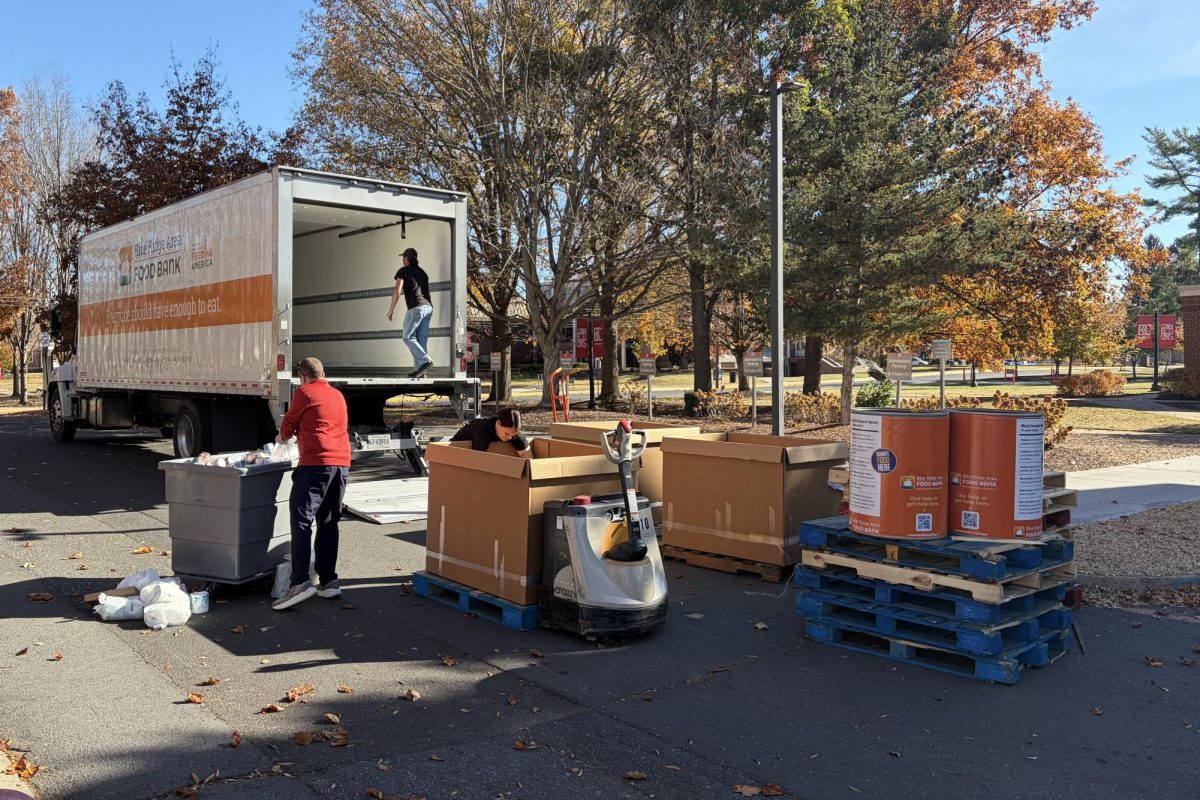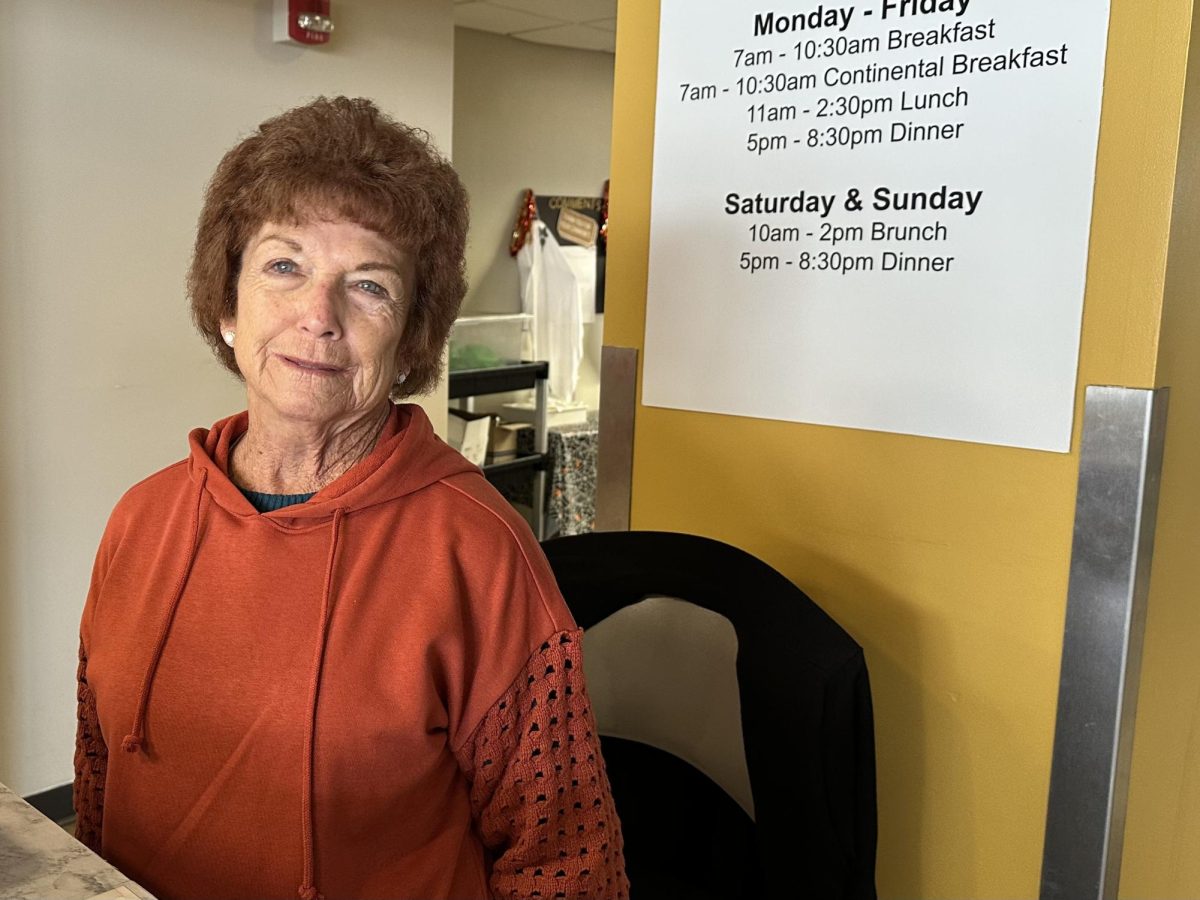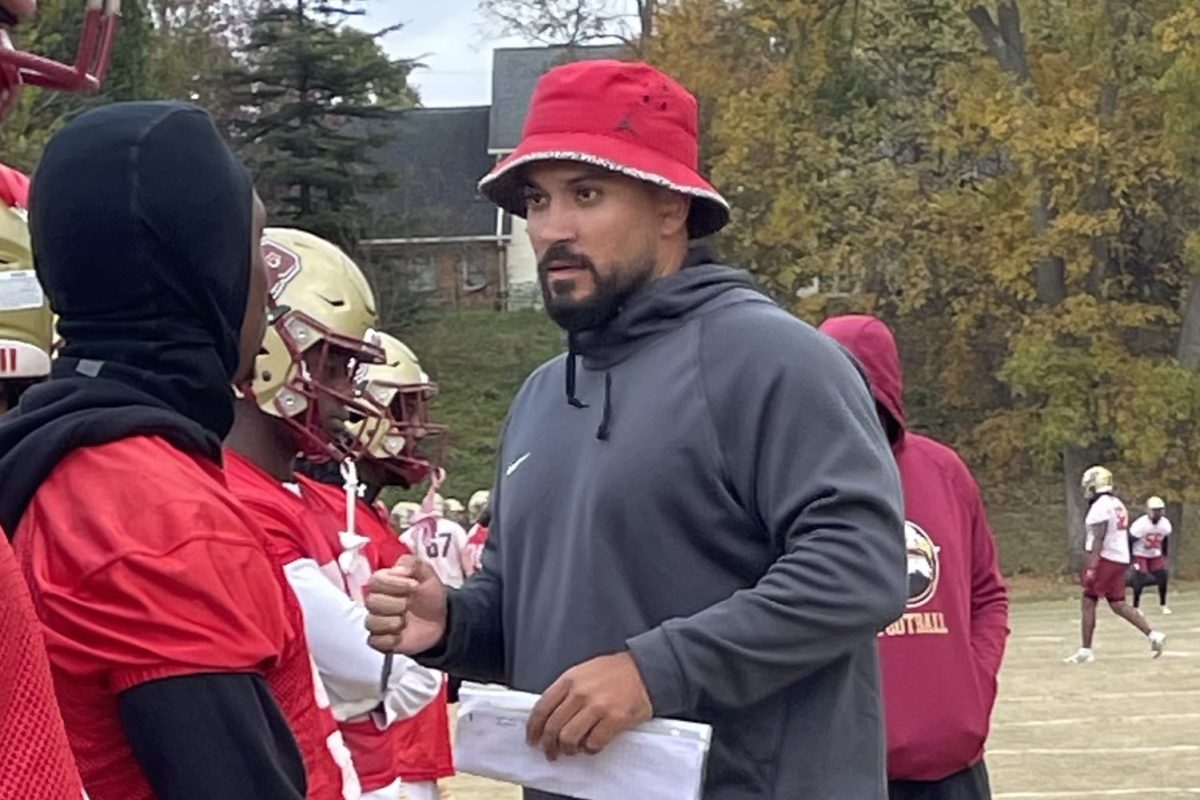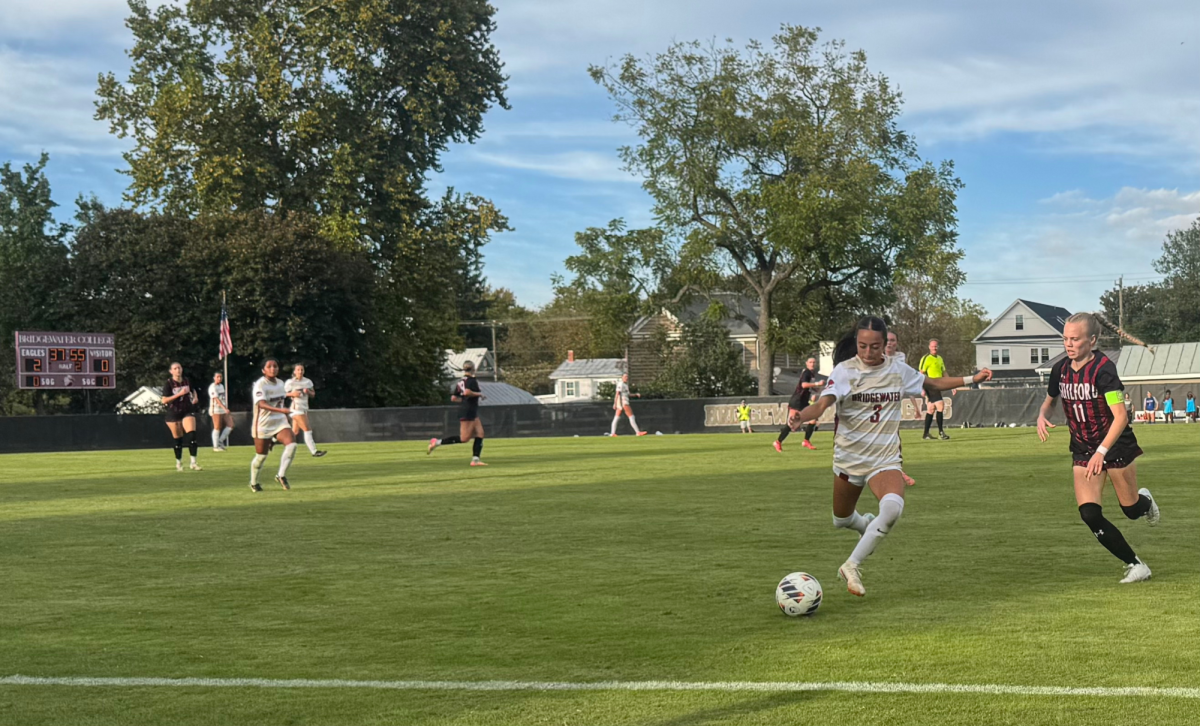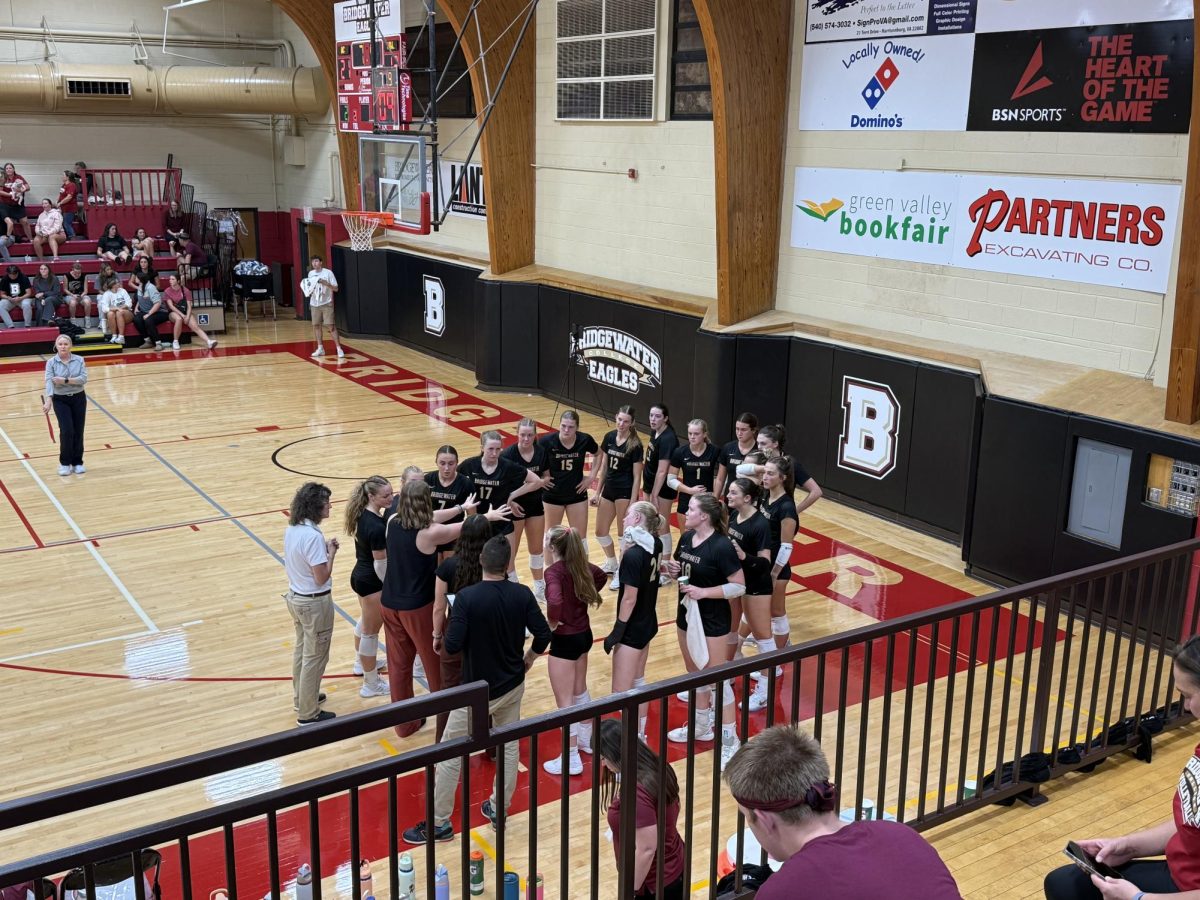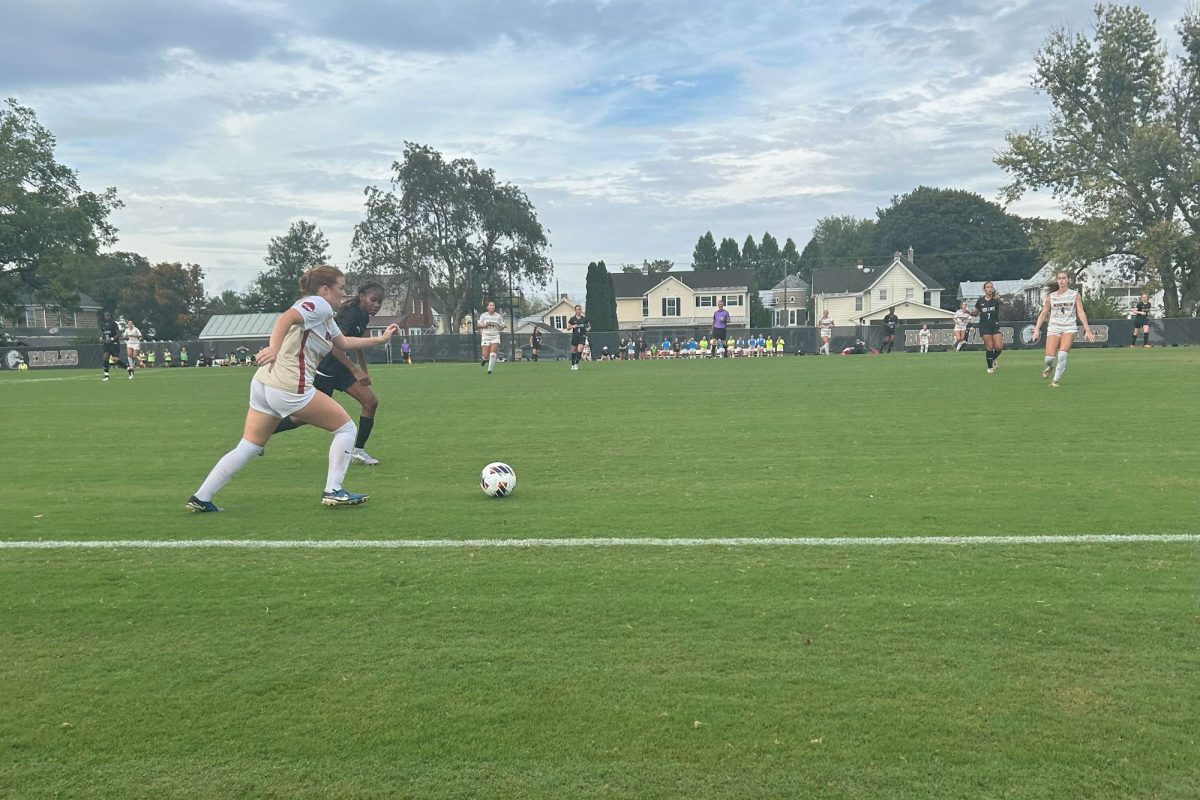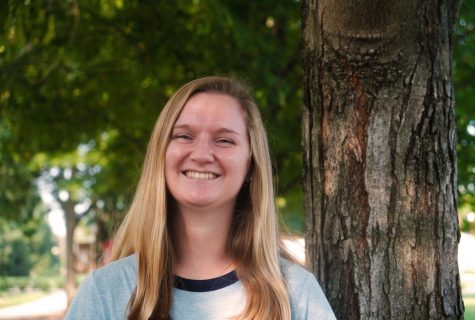‘Yesterday and To-morrow’
November 24, 2020
Bridgewater, Va. – The sentiment of longing for yesterday has been expressed through the ages in poetry and in music. With COVID-19 upending numerous aspects of our lives for close to ten months now, the sentiment takes on a whole new meaning.
Where we once longed for the simpler days of childhood or even the adventurous days of summer break, we now long for the days of pre-COVID. For days when interaction, spontaneity, convenience and physical proximity were not a thing of the past.
Over a century ago, Paul Laurence Dunbar published a poem titled “Yesterday and To-morrow,” in which he also longed for yesterday. Stanzas three and four of the poem:
“Yesterday I walked with you,
Could a day be sweeter?
Life was all a lyric song
Set to tricksy meter.
Ah, to-day is like a dirge,—
Place my arms around you,
Let me feel the same dear joy
As when first I found you.”
Yesterday — when it was possible to hug your loved ones without fear of spreading COVID, when we would cram as many friends at one table as would fit in the KCC, when plans made for the future seemed a little bit more certain and when endless changes did not leave you longing for consistency.
Our lives are undoubtedly different due to COVID-19, but my assumption is that we are also undoubtedly more appreciative of every little aspect of our lives that we might have previously taken for granted.
As many of us are likely facing a case of COVID fatigue, it is meaningful to consider possible positive aspects of today. Perhaps a slower pace of life that allowed for increased phone calls to grandparents or the addition of a new hobby.
Over half a century ago, the Beatles released the song “Yesterday,” where they, too, expressed the sentiment of longing for yesterday. From the first verse:
“Yesterday
All my troubles seemed so far away
Now it looks as though they’re here to stay
Oh, I believe in yesterday.”
With COVID-19 cases again on the rise, apprehension in visiting family members this holiday season and grieving the loss of members of our communities, it does often feel that the troubles of yesterday, and yesterday itself, seem far away.
An aspect of yesterday that neither the song nor the poem address, is that yesterday had its own share of troubles as well. However, yesterday we were not faced with the crippling realities of a pandemic.
Yesterday, we were often able to say goodbye, but with the suddenness of today, goodbyes are not always guaranteed. Acknowledging the pain of today’s troubles allows each of us to process life in the midst of a pandemic.
Compared to today, yesterday is easier to believe in — but what about tomorrow? While the Beatles leave us longing for the sweet days of the past that we might never get back, Dunbar encourages us to hope for a tomorrow that beckons us towards even sweeter days. The final two lines of the poem state that:
“Pause, my soul, arise, arise,
Look where gleams the morrow.”
Hope for tomorrow is a foundation that I will stand on today, in order to shift from a perspective of sorrow to a perspective of thanksgiving. At their essence foundations are unmovable and unshakable — something to hold on to when everything else seems to be collapsing.


